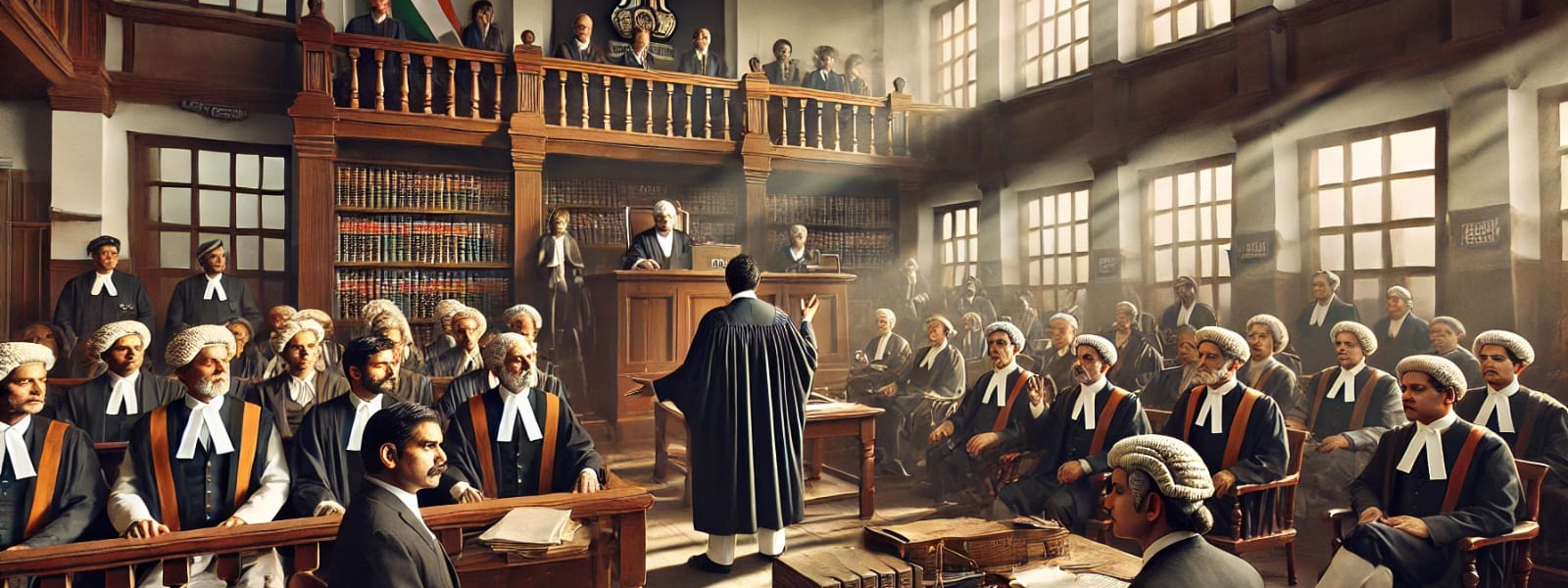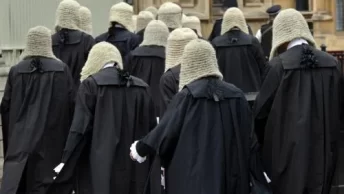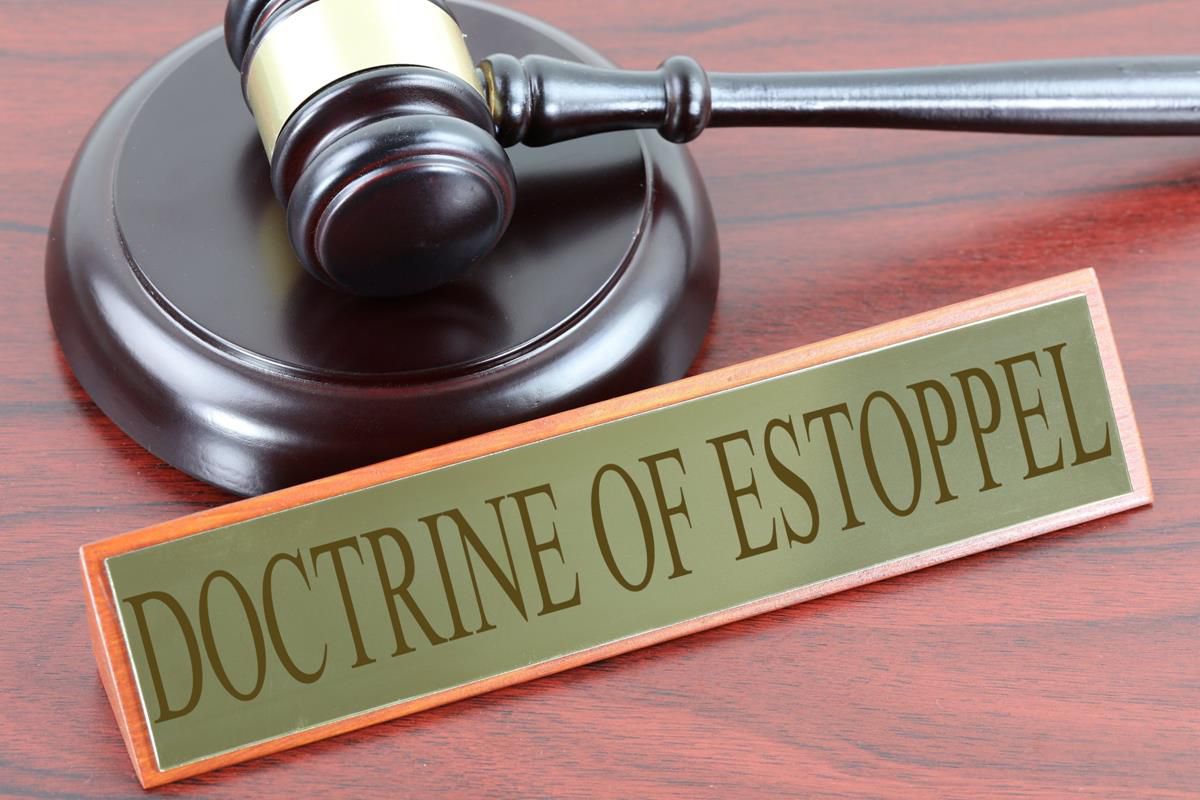Summary: This article argues against Anshul Dalmia’s proposal of instituting ‘intellectual bias’ as a ground for recusal for repeating judges in references to larger benches. It argues against the four reasons posited by the author for the rule in practical terms. It concludes with a rebuttal to the concept of intellectual bias qua bias in principle.
In May of 1953, Associate Justice of the Supreme Court of the United States, Felix Frankfurter gave an informal talk to the University of Virginia Law School. In his now famous recitation of lawyers who had occupied the office of Chief Justice previously, Frankfurter made a solemn tribute to the judicial role. ‘The nine fallible creatures’, he said, endeavour every effort ‘through precedent, through policy, through history, through their own gifts of insight to the best judgment’ for ‘the adjudication between man and man, between man and state, through reason called law.’ Then at the nascency of judicial realism, this view has acquired somewhat of a heterodox reputation today.
In furtherance of this, Anshul Dalmia, on the IndConLawPhil Blog, has argued that judges should recuse from hearing referred cases when ridden with an ‘intellectual bias’. To illustrate, if Judges X, Y, and Z doubt the decision reached by a coordinate bench they are bound by, and if they decide to refer it to a larger bench, then none of these judges should be part of the larger bench so constituted.
In response to the (conventional) argument that a judge can always have his mind changed by the lawyers, the author provides three obstacles to this in the Indian context. A fourth obstacle is implicitly later added.
Firstly, that precedent-dominated common law systems tend to make detraction difficult. Secondly, that senior judges are often not challenged by junior ones; the latter meekly submitted to the views of the former. Thirdly, that to not eliminate judges with an intellectual bias would place an undue burden on the lawyer; she is no longer arguing for interpretation B over interpretation A, but rather having to convince the judge of not choosing interpretation A and then choosing interpretation B as well. Lastly, the author invokes the principle that appearance of bias should not arise from such an event.
In order to advance these reasons into practice – which might otherwise lead to a chaotic elimination of all judges who have ever expressed an opinion on anything ever – the author suggests the institution of a local minima. Judges who refer a case to a larger bench must not be part of the larger bench given that they have ‘expressed reservations’, ‘raised doubts’, and who’s ‘inclination is extremely certain’ about the decision in question. We may call this the ‘proposed reference rule’.
This rule, in my view, is positively dangerous one for a common law judiciary. In this post, I shall be dealing with the four reasons advanced by the author and attempting to explain certain conceptual misunderstandings that belie them as well as how they don’t justify the reference rule advanced. Then, I shall present a brief reply to the concept of intellectual bias itself.
Some terminology to preface. The judges making a reference shall be called ‘referring judges’. The judges getting the reference shall be called ‘referee judges’. The latter may contain ‘new’ referee judges (who weren’t part of the referring judges) and ‘old’ referee judges (who were). I refer to myself in the first person, and the ‘author’ is who I’m responding to. I use ‘intellectual predisposition’ to the author’s preferred ‘intellectual bias’, as the latter carries an unwarranted assumption of prejudice that cannot be taken for granted but rather proven (more on this presently).
Authority and Influence
At the outset, we may deal with the intangible persuasions that may affect the mind of the judge. These are, as the author enlists, the presence of common law precedents and seniority within judges.
Firstly, the presence of common law precedents is a non-sequitur to the question of intellectual bias. When a judge has doubted a decision binding on him, he is at that very moment, acting in disavowal of a precedent. He has oriented himself in a results-based adjudication to judge the merits of the precedent in question.
This, by itself, demonstrates an independent application of mind. He is not merely not being influenced by precedents but reconsidering them de novo. If anything, allegations of polyvocality strengthen the proposition that judges are too dismissive of precedent, contrary to the argument proposed.
Secondly, the presence of senior judges and their influence – although factually true and resultantly harmful – does not asymmetrically affect a judiciary without the proposed reference rule. In other words, when a matter is referred to a larger bench, the presence of the referring judges as part of the referees (as it happens) or not (as the proposed rule states) will not even marginally affect or dilute the existence of this phenomena.
Whereas it may be true that the referring judge may be a relatively senior one, and his presence as part of the referees might influence the junior judges new to the question, the converse is no less plausible. Cases such as Jaishri Laxmanrao Patil v Chief Minister, Maharashtra (2021) have seen referring judges be part of a larger bench where senior judges preside. Bhushan J., in that case, as a new referee judge, was senior to his old referee judge colleagues, i.e. Bhat, Gupta, and Rao JJ.
In such cases, a junior judge may refer a matter, and the senior judge new to the question may have an undue influence. Indeed, the fact that the Chief Justice, as the master of the roster, determines the larger benches – and prefers to place himself in them, often with other senior judges. This should lead one to the opposite fear: that the intellectual predisposition displayed may get nipped in the scholarly bud by a senior judge, or even the Chief Justice.
Additionally, having established this, this asymmetry also applies to the first obstacle regarding common law precedent. If there is a large and overwhelming history of precedent that did prefer one interpretation to the other, it would affect all judges equally (or equally unequally, i.e. randomly), thereby vitiating all necessity for a rule in this behalf.
The Appropriate Burden
Thirdly the argument that lawyers acquire an undue burden to what is essentially un-persuade the court of an interpretation, before convincing them of one, may be factually true. However, even if such poor discrimination and low confidence in the judge’s ability to understand the burden of proof in the case is granted, such a double-burden (so to speak) is justified.
The fact of the matter is, a previously existing precedent (which the lawyer in reference is trying to justify) has been prima facie found to be resulting into injustice. To refer to the original author’s post, Asian Resurfacing had observed as leading to a ‘miscarriage of justice’ (per Chandrachud CJ) and causing ‘a lot of prejudice’ (per Oka J). If the lawyer now wishes to retain the precedent as originally decided, it is only natural that she must justify its modalities and how they render just outcomes. If she wishes to modify the outcome, so as to account for the prejudice being caused, then she must thank the heavens for the referring judges on bench.
A slightly off analogy in behalf may be the other source of law: legislation. Legislation may be afforded a prima facie characterisation of illegality by judges, but the Attorney General cannot state that such characterisation places a double-burden on him. (This analogy is notwithstanding the presumption of constitutionality, which anyways does not exist for precedents).
It is obvious that to examine the validity of a law, one be able to justify its second order effects, or be willing to modify it. This is to say nothing of the wisdom (and not validity) of the law, which is more the case with precedents decided by judges. This is not an ‘undue’ burden. It is the burden to be satisfied.
Bias for Looking
Lastly, the appearance of bias is perhaps the most creditable argument advanced in favour of the proposed reference rule. Indeed, in my view, it is not wholly impossible that this principle alone might be sufficient to justify the rule. However, justification is not the same as entailment.
It is true that if Judge X doubts a precedent and refers it, it may cause reasonable apprehension in the minds of the people that he is at least somewhat sceptical of its ratio. That Judge X’s inclination is ‘extremely certain’ (as the author claims), is surmise of X’s private mind. Regardless, whereas the author limits his proposed reference rules to eliminate the referring judges, if the reason for the same is the public apprehension of bias due to a priorly expressed opinion, then there is no reason (bar convenience) to allow new referee judges to be part of the bench if they have previously expressed an opinion on the matter either.
We then revert to an original crossroad which the author dismissed: either we eliminate all judges having intellectual predispositions (be they the referring ones or not) or we expect that they understand their judicial duties when acting as a referring and referee judge (an expectation that the author does not share with Mishra J in Indore Development Authority). The former is too cumbersome to be a practical policy consideration. And the latter is indispensable in a country that attempts to maintain the judicial form upholding the majesty of justice, howsoever periodically defiled.
Looking for Bias
Having dealt with the mentioned argument, it may be important to examine the concept of bias itself. The author’s consistent use of ‘intellectual bias’, in this regard is increasingly suspect. Intellectual bias is no bias. It is opinion. To call it bias is to destroy the difference between thought and dogma. Above all, it is to conflate the confidence of law with the intellectual sensibilities of the judge.
The question of bias, sans appearance, also raises certain distinguishing concerns. It is routine for judges to have authored academic articles, or delivered lectures on particular provisions of legislation. Should that mean they are indisposed to be decide any particular way when that provision is put into effect?
For example, Justice Hima Kohli, recently, modestly cautioned the Digital Competition Bill 2024 to be compliant with the Constitution. Judges often advocate for a friendlier arbitration regime in relation to the Arbitration & Conciliation Act 1996. Do these mean that when seised of a lis, a party seeking the enforcement of the Competition Bill, or intending to set aside an arbitral award, have a cause to proceed against the (admittedly cautionary) words of these judges? Of course, these two instances remain illustrations, and can be differed on facts, but the broader principle remains.
What similarly can be said of opinions extrapolated in academic materials? Would that mean that any judge having expressed any view in a scholarly role is precluded from hearing any case on that issue? These concerns attest to epistemic problems with distinguishing ‘bias’ from ‘predisposition’. Not only is bias an elusive concept, it may also be concomitant with genuinely thought-out views. Can anyone, in that sense, ever be rid of bias? The difference between both, for the author, remains the publicity achieved by its expression – a wholly illegitimate standard.
Conclusion
Judicial realism à la Dalmia and its accompanying empirics make useful insights to reform the judicial system. However, such realism cannot be expected to determine policy in the province of discretionary action entrusted to judicial robes. It robs a judge of his duty to exercise intelligence in distinguishing the yardstick he is used when it comes to doubting a decision when referencing it, and overruling one when deciding it.
James Madison is famously known for stating that ‘if Men were angels, no government would be necessary’. For those who favour the proposed reference rule, the government is an angel, and no men [be they judges] are necessary.
Sarthak Sahoo is a law student at the Rajiv Gandhi National University of Law, Punjab.
[Ed Note: This article has been edited by Jeetendra Vishwakarma and published by Harshitha Adari from the Student Editorial Board.]







[…] Posted bySarthak Sahoo […]
cpmm4c
p8o0rb
lwfsgp